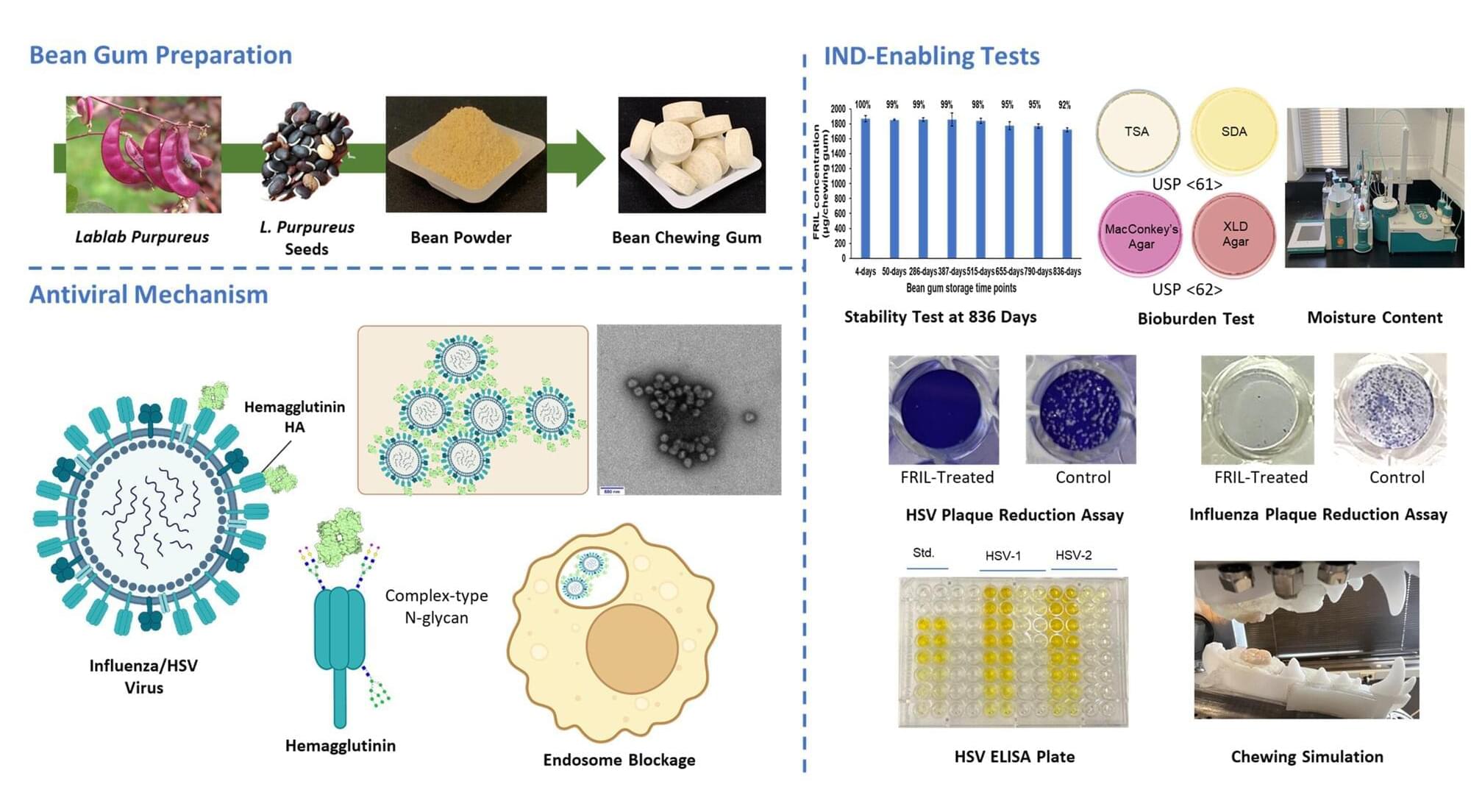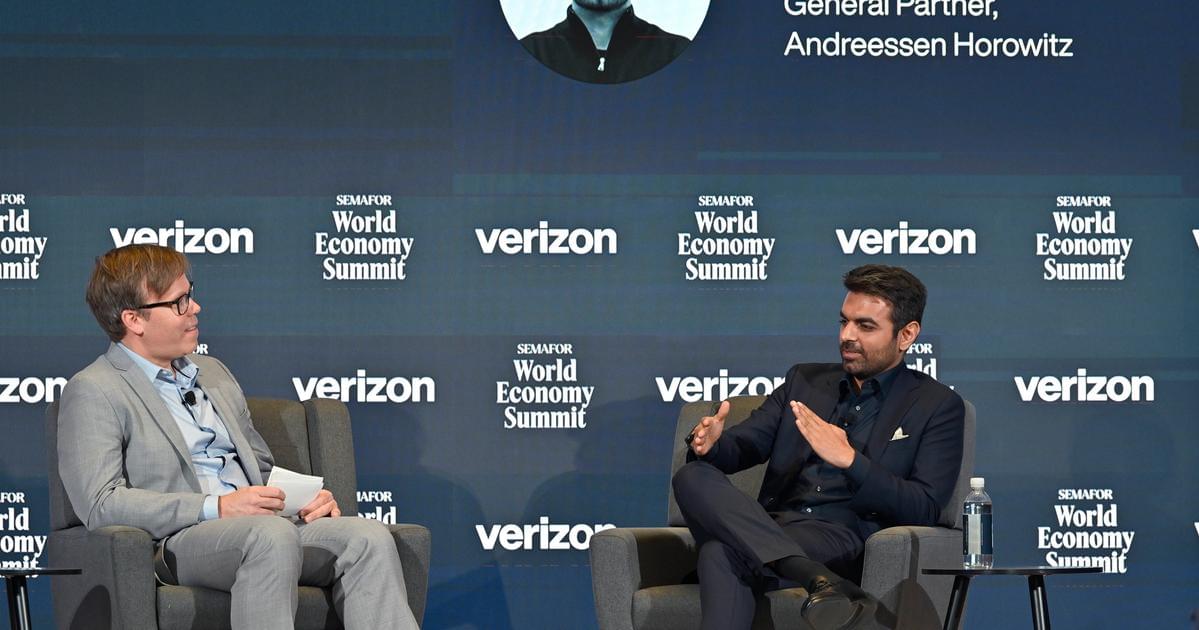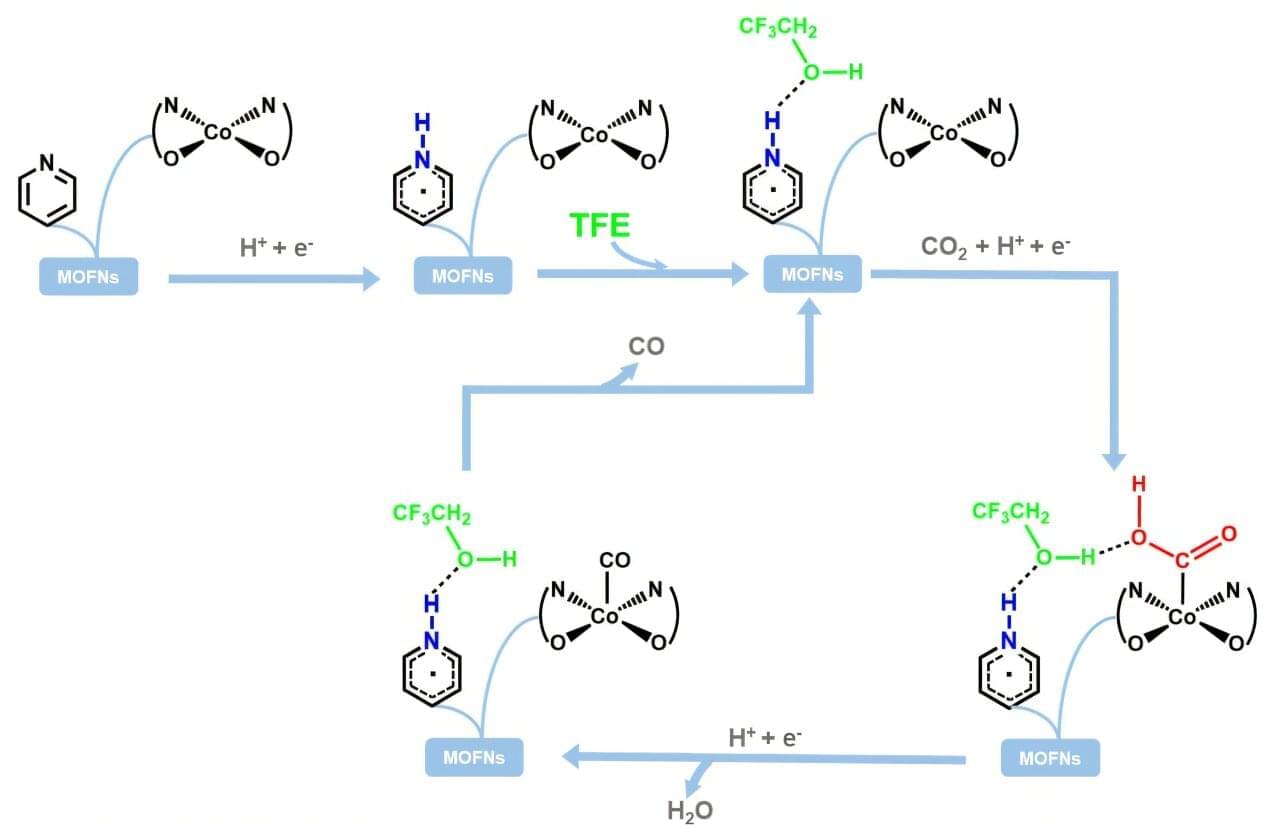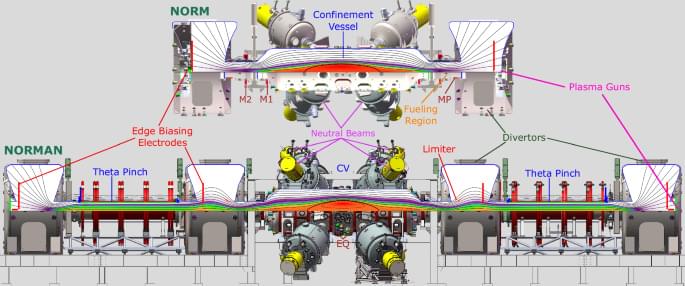In today’s interconnected world, infectious diseases pose an escalating threat, as demonstrated by the coronavirus pandemic and outbreaks of H1N1, SARS, Ebola, Zika, and H5N1 (bird flu) viruses—all of which have had significant global health and economic impacts.
But more common viral diseases also contribute to global health challenges and economic costs. For example, seasonal influenza epidemics occur annually, causing a substantial global disease burden and economic losses exceeding $11.2 billion each year in the United States alone. Meanwhile, herpes simplex virus-1 (HSV-1), spread primarily through oral contact, infects over two-thirds of the global population and is the leading cause of infectious blindness in Western countries.
Low vaccination rates for influenza viruses and the lack of an HSV vaccine underscore the need for a new approach—one that targets reducing viral loads at the sites where transmission occurs. And for viruses like these, which are transmitted more efficiently through the mouth than the nose, this means focusing on the oral cavity.





